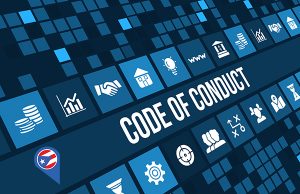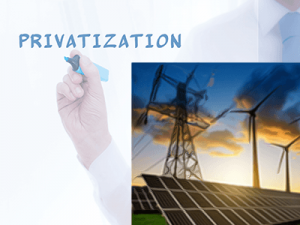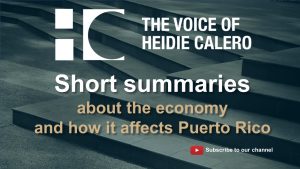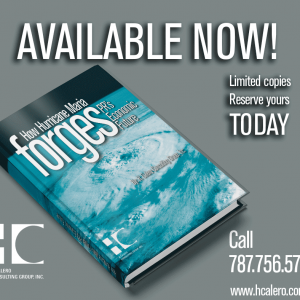
08/18: Code of Conduct – Fiscal Oversight Board
Insights into the fiscal discipline of PROMESA staff in Puerto Rico
 Puerto Rico’s fiscal and economic crisis has thrust people into unlikely roles. On June 2016, President Barack Obama signed the legislation Puerto Rico Oversight Management, & Economic Stability Act to address Puerto Rico’s economic crisis. The Act established a 7-member oversight board with an Executive Director and staff to, among other things, provide Puerto Rico with tools to impose discipline over its finances, meet is obligations, and restore confidence in its institutions. The Board has sweeping powers over the Island and its staff has a significant and increasing budget, paid by PR taxpayers, to execute those powers. After the devastation of Hurricane Maria on September 2017, the economic reconstruction of the Island becomes even more important for PR to meet its fiscal and debt obligations. Is the entity in charge of balancing fiscal budgets and controlling expenses in PR applying these same principles to its expenses? It is in this context that this issue analyzes how the administrative staff of the Fiscal Board stacks against results.
Puerto Rico’s fiscal and economic crisis has thrust people into unlikely roles. On June 2016, President Barack Obama signed the legislation Puerto Rico Oversight Management, & Economic Stability Act to address Puerto Rico’s economic crisis. The Act established a 7-member oversight board with an Executive Director and staff to, among other things, provide Puerto Rico with tools to impose discipline over its finances, meet is obligations, and restore confidence in its institutions. The Board has sweeping powers over the Island and its staff has a significant and increasing budget, paid by PR taxpayers, to execute those powers. After the devastation of Hurricane Maria on September 2017, the economic reconstruction of the Island becomes even more important for PR to meet its fiscal and debt obligations. Is the entity in charge of balancing fiscal budgets and controlling expenses in PR applying these same principles to its expenses? It is in this context that this issue analyzes how the administrative staff of the Fiscal Board stacks against results.
















